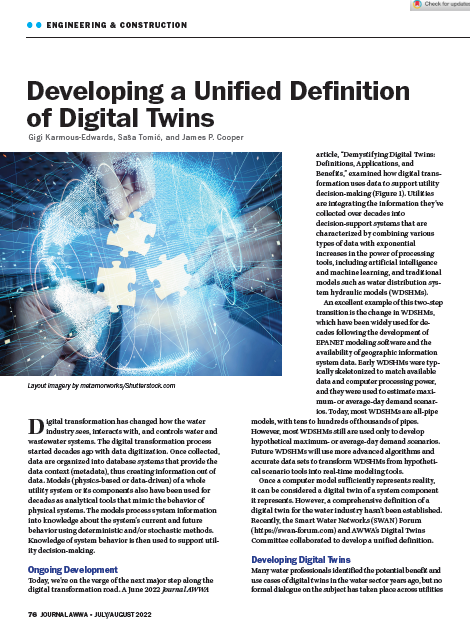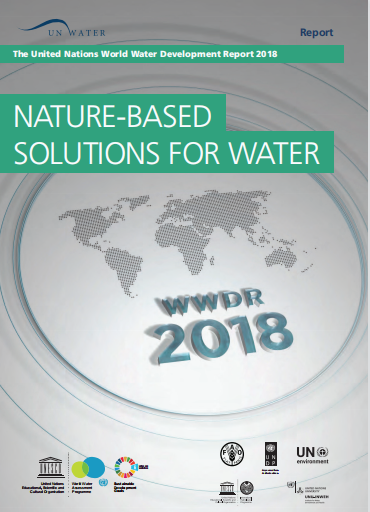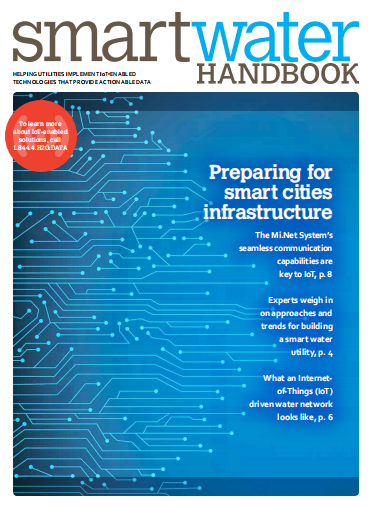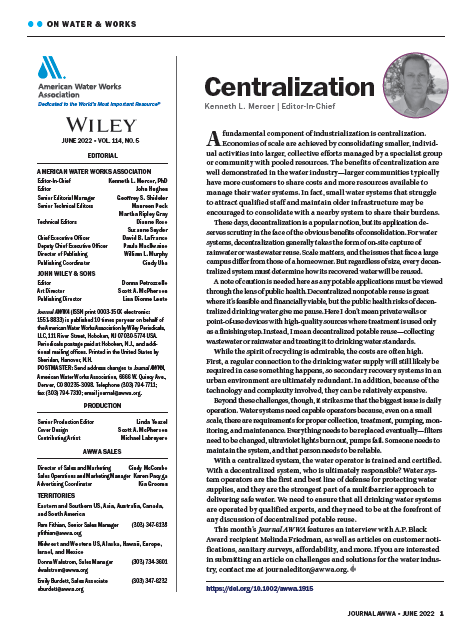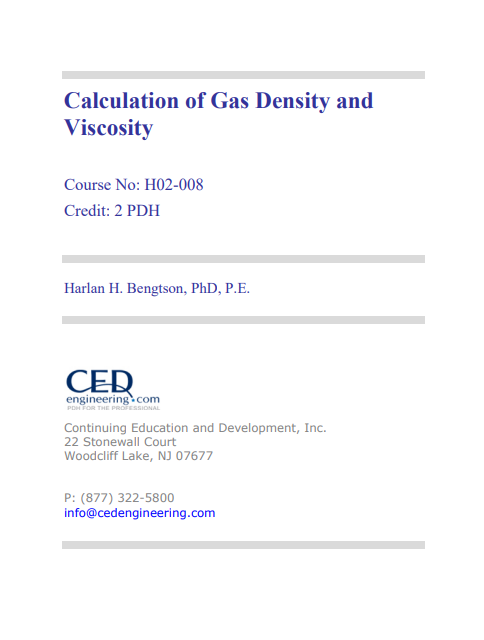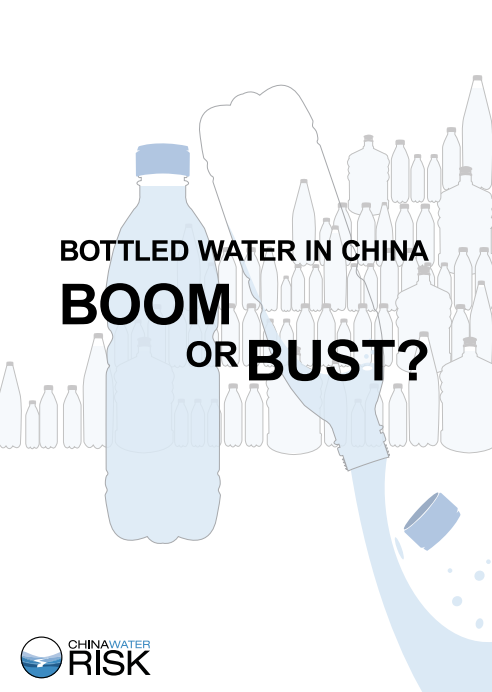Developing a Unified Definition of Digital Twins
Digital transformation has changed how the water industry sees, interacts with, and controls water and wastewater systems. The digital transformation process started decades ago with data digitization. Once collected, data are organized into database systems that provide the data context (metadata), thus creating information out of data. Models (physics-based or data-driven) of a whole utility system or its components also have been used for decades as analytical tools that mimic the behavior of physical systems. The models process system information into knowledge about the system’s current and future behavior using deterministic and/or stochastic methods. Knowledge of system behavior is then used to support utility decision-making.
Developing a Unified Definition of Digital Twins
Digital transformation has changed how the water industry sees, interacts with, and controls water and wastewater systems. The digital transformation process started decades ago with data digitization. Once collected, data are organized into database systems that provide the data context (metadata), thus creating information out of data. Models (physics-based or data-driven) of a whole utility system or its components also have been used for decades as analytical tools that mimic the behavior of physical systems. The models process system information into knowledge about the system’s current and future behavior using deterministic and/or stochastic methods. Knowledge of system behavior is then used to support utility decision-making.
Centralization
A fundamental component of industrialization is centralization. Economies of scale are achieved by consolidating smaller, individual activities into larger, collective efforts managed by a specialist group or community with pooled resources. The benefits of centralization are well demonstrated in the water industry—larger communities typically have more customers to share costs and more resources available to manage their water systems.
Centralization
A fundamental component of industrialization is centralization. Economies of scale are achieved by consolidating smaller, individual activities into larger, collective efforts managed by a specialist group or community with pooled resources. The benefits of centralization are well demonstrated in the water industry—larger communities typically have more customers to share costs and more resources available to manage their water systems.
Calculation of Gas Density and Viscosity
Introduction
The density and/or viscosity of a gas is often needed for some other calculation, such as pipe flow or heat exchanger calculations.
This course contains discussion of, and example calculation of, the density and viscosity of a specified gas at a given temperature and pressure.
Calculation of Gas Density and Viscosity
Introduction
The density and/or viscosity of a gas is often needed for some other calculation, such as pipe flow or heat exchanger calculations.
This course contains discussion of, and example calculation of, the density and viscosity of a specified gas at a given temperature and pressure.



